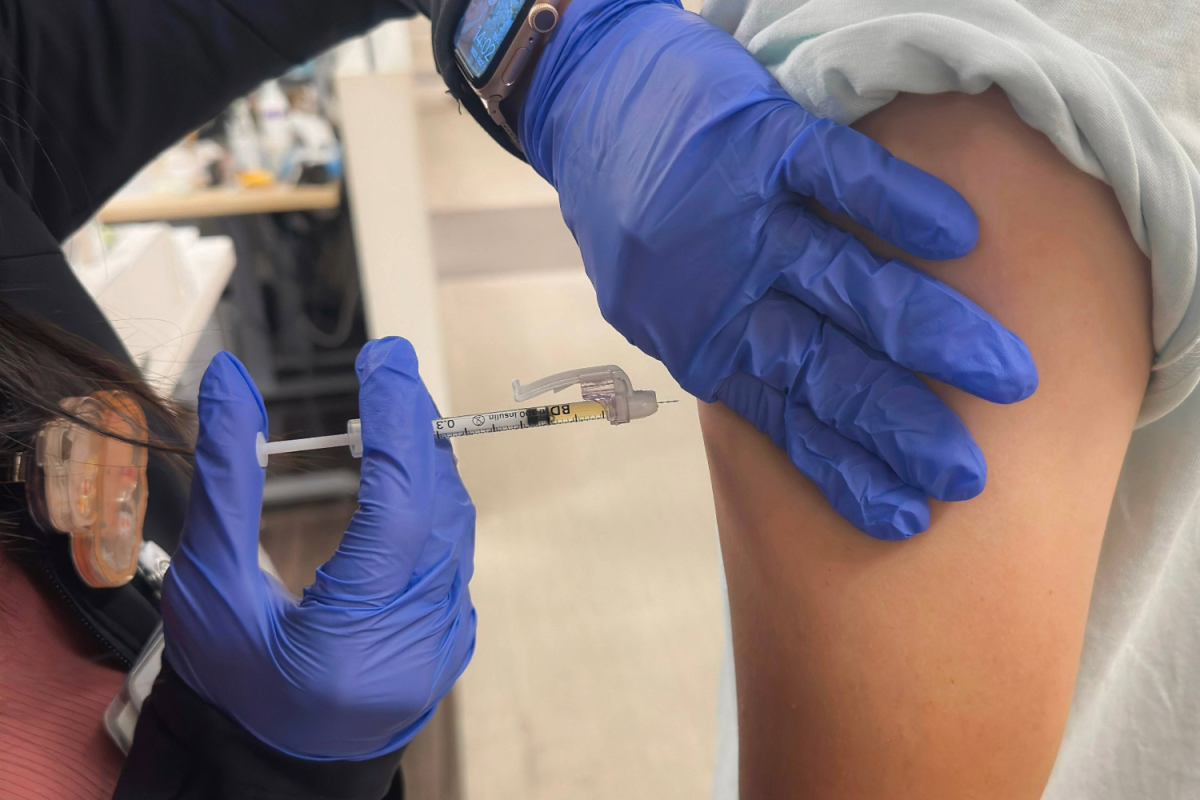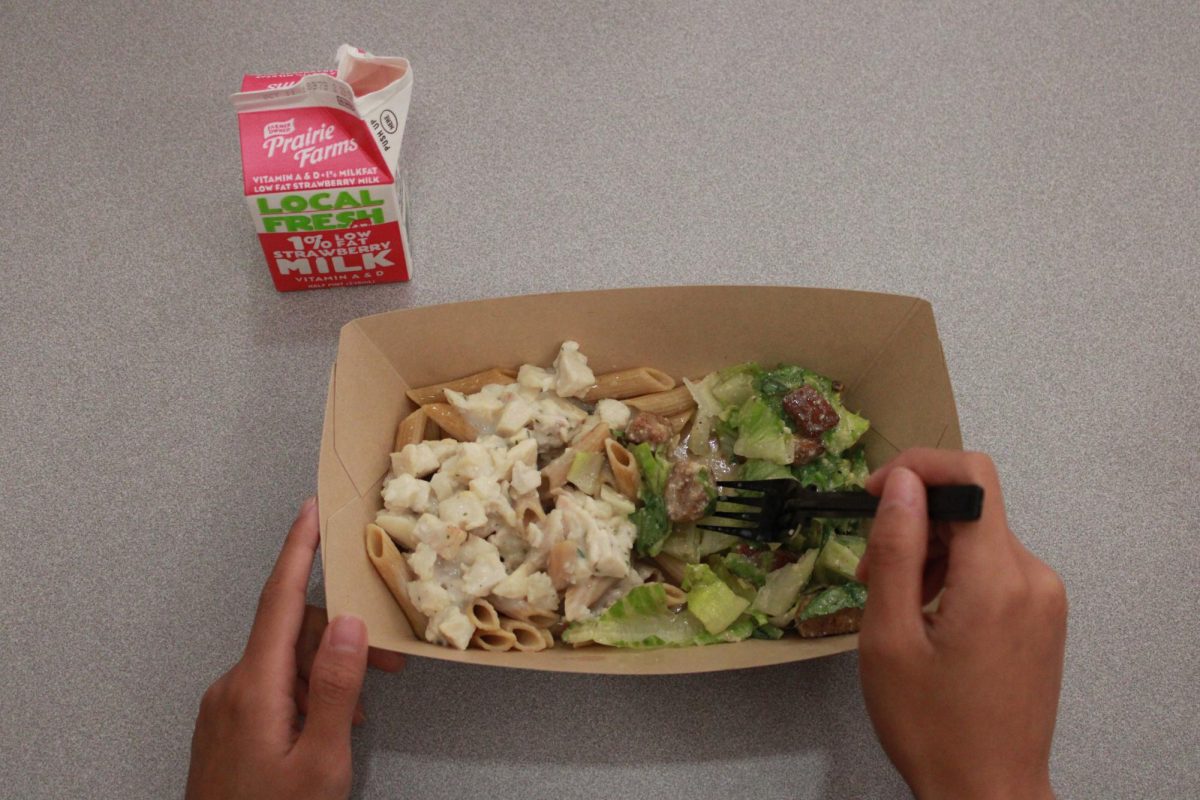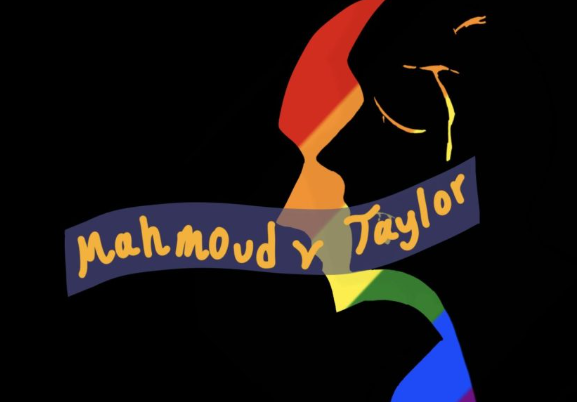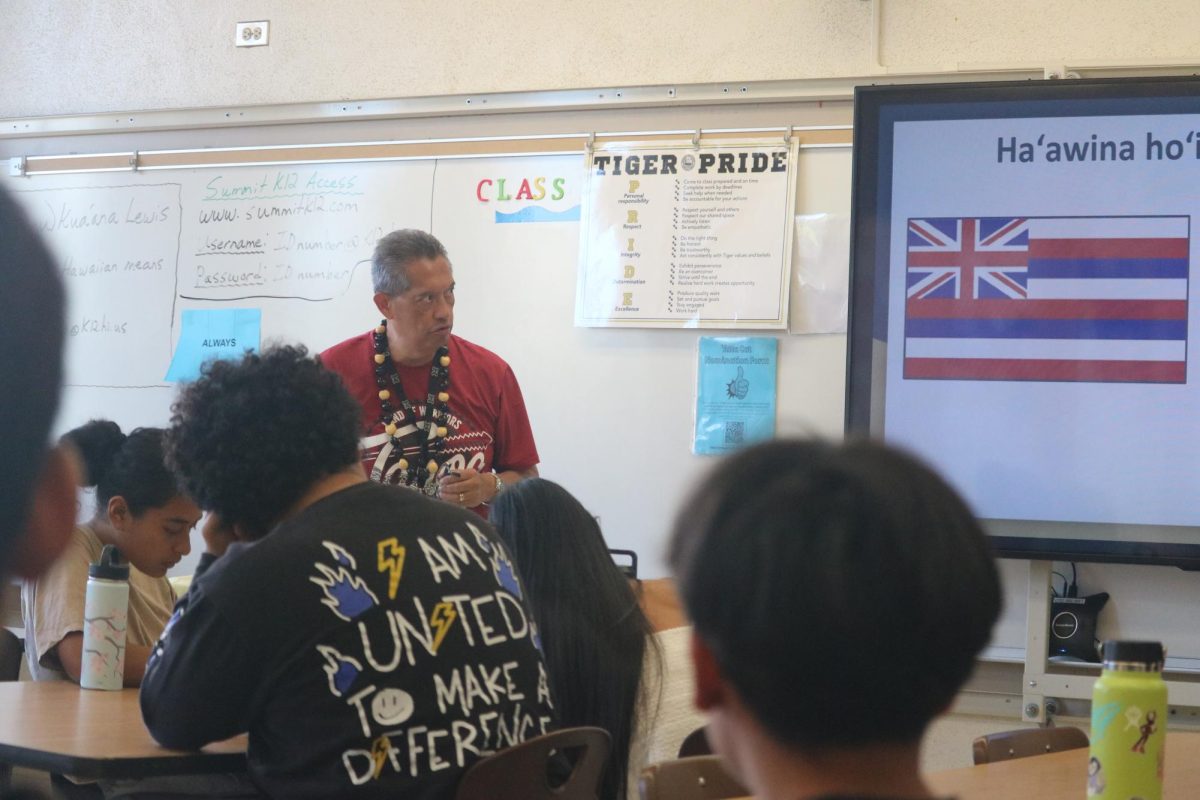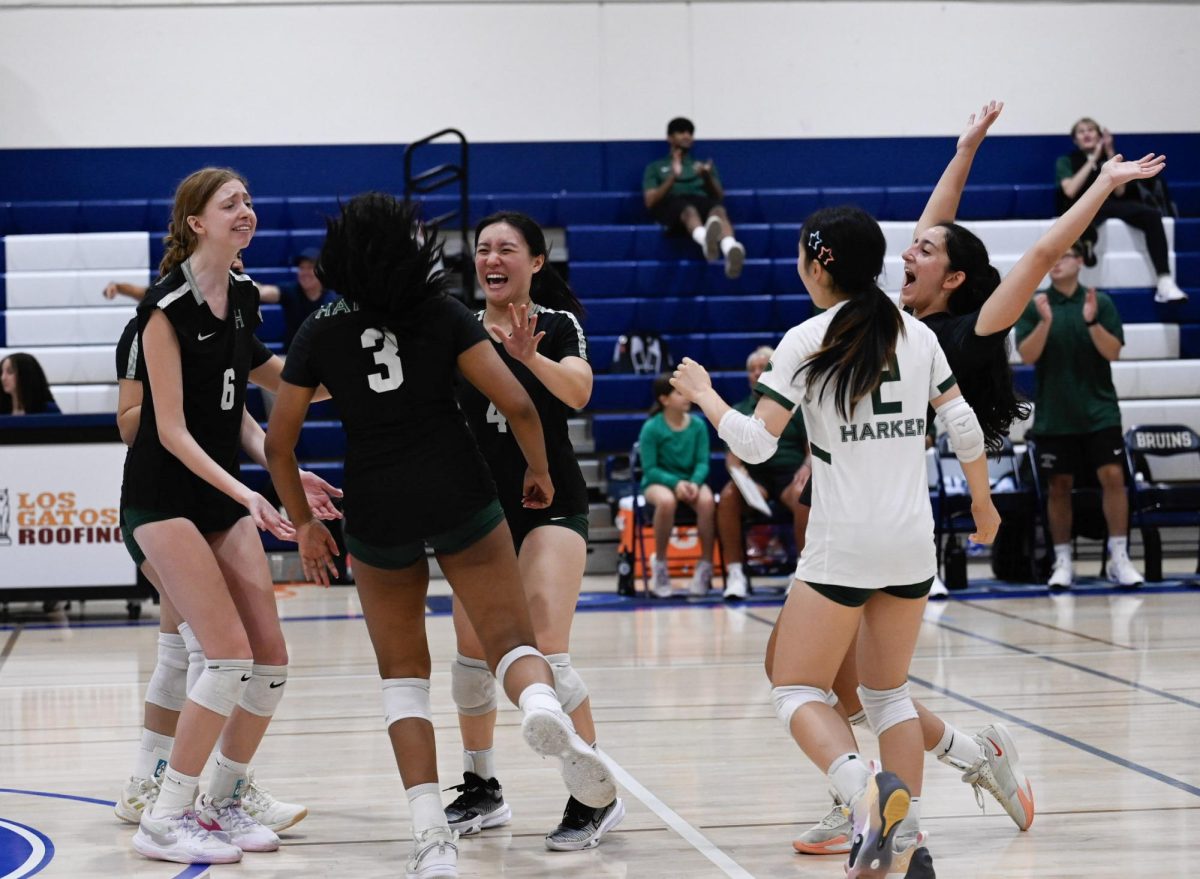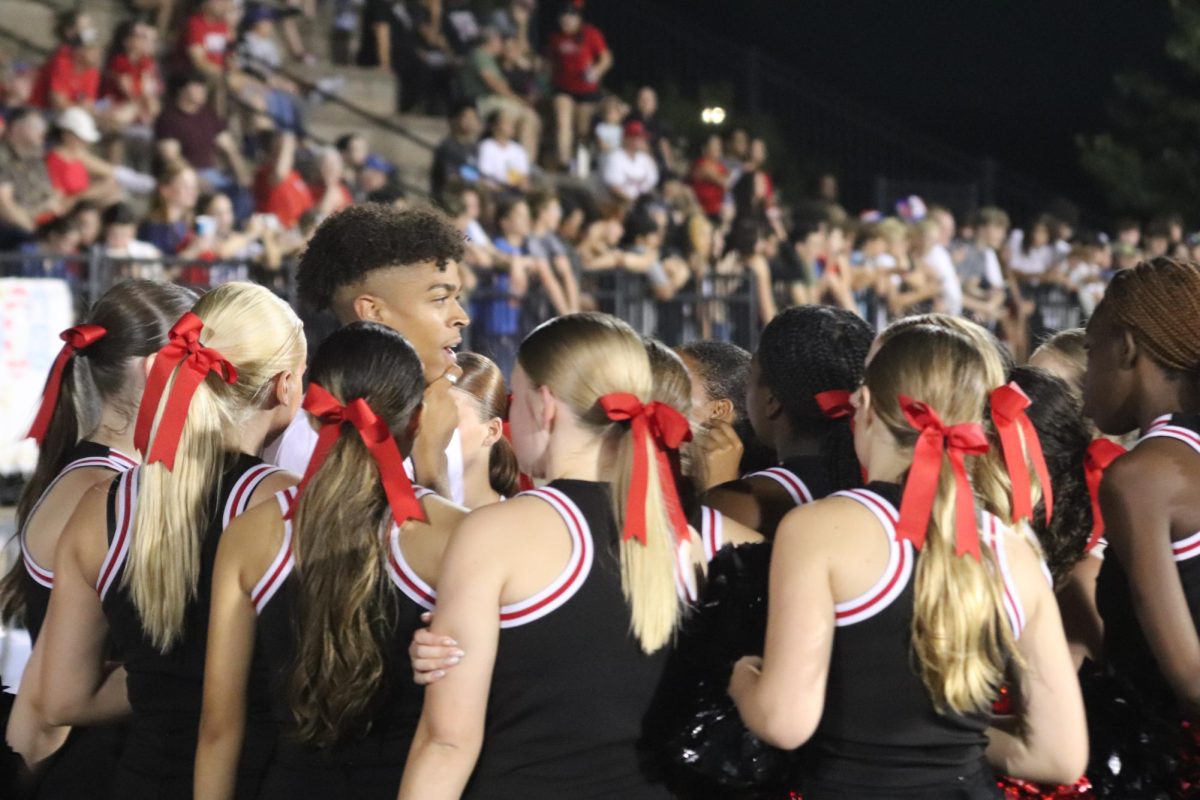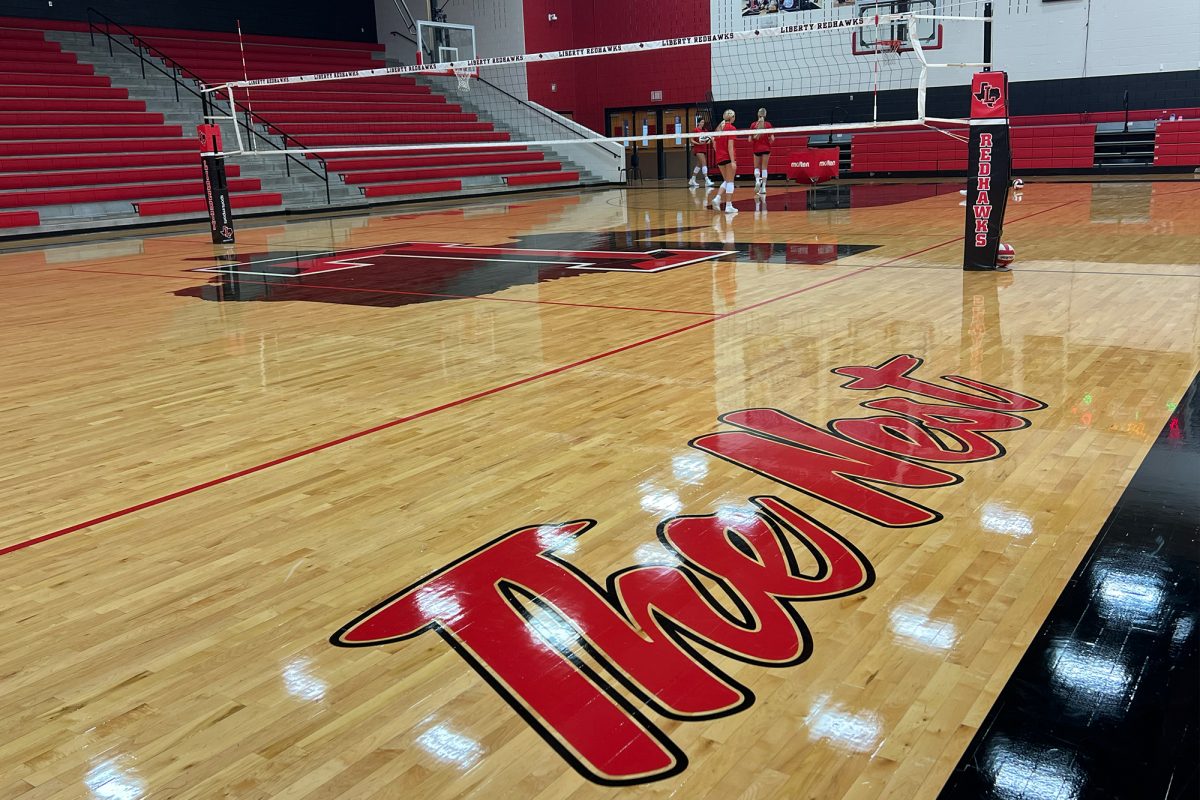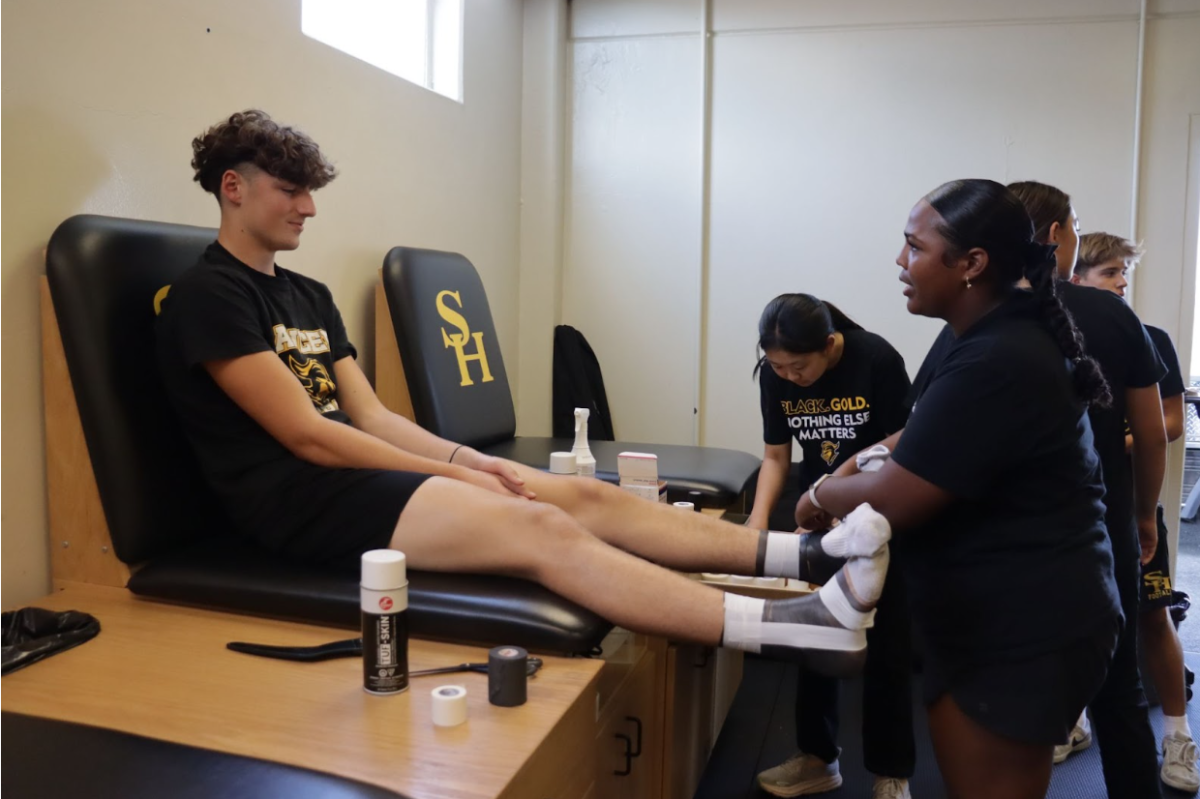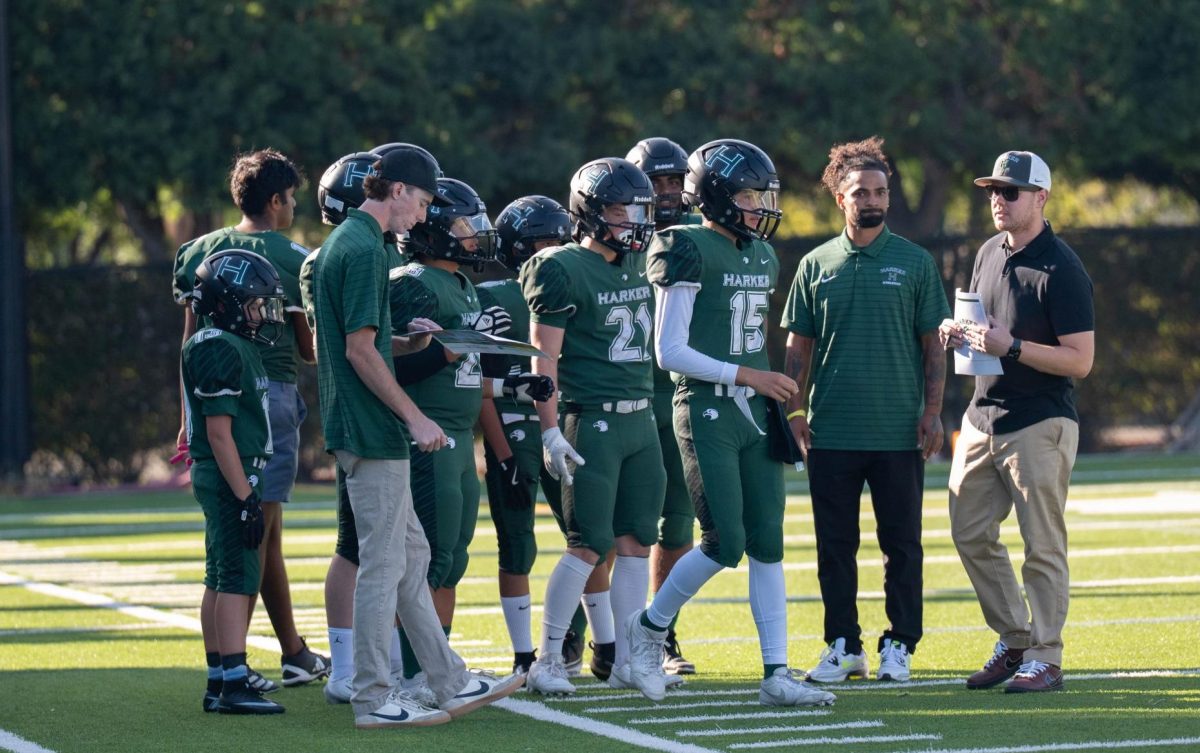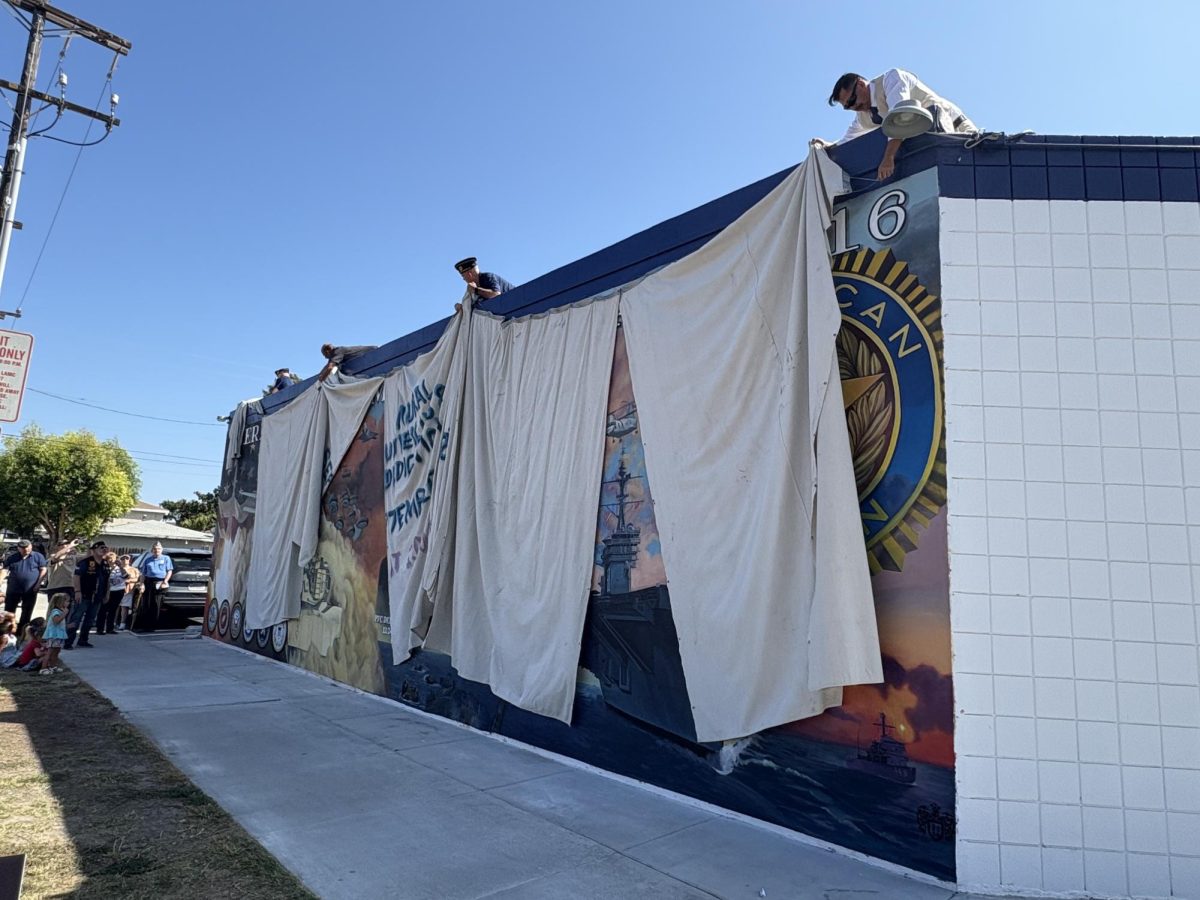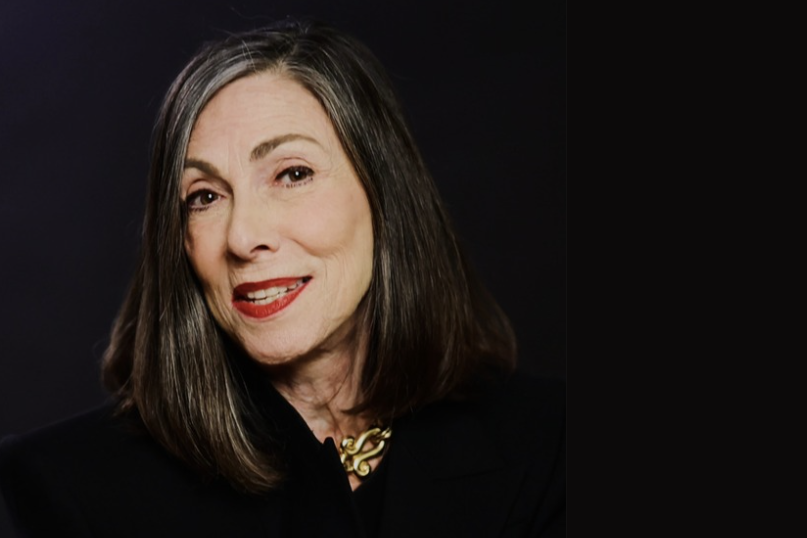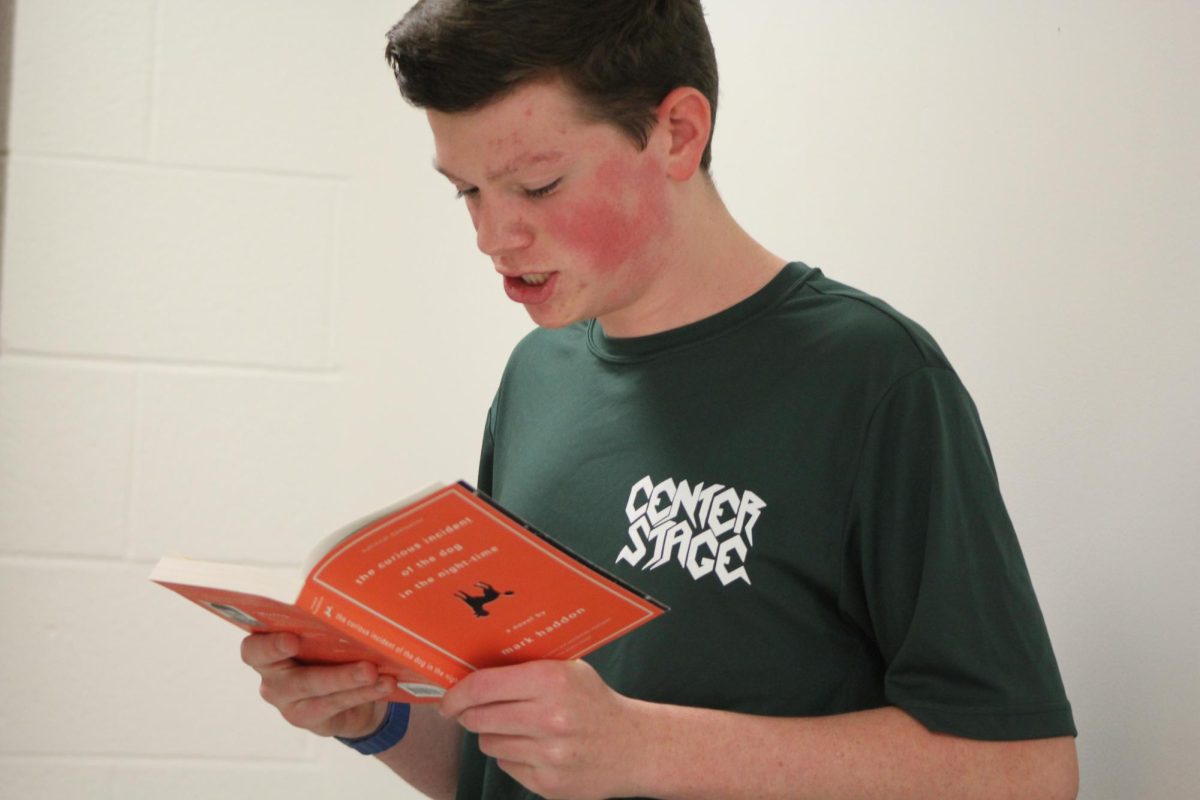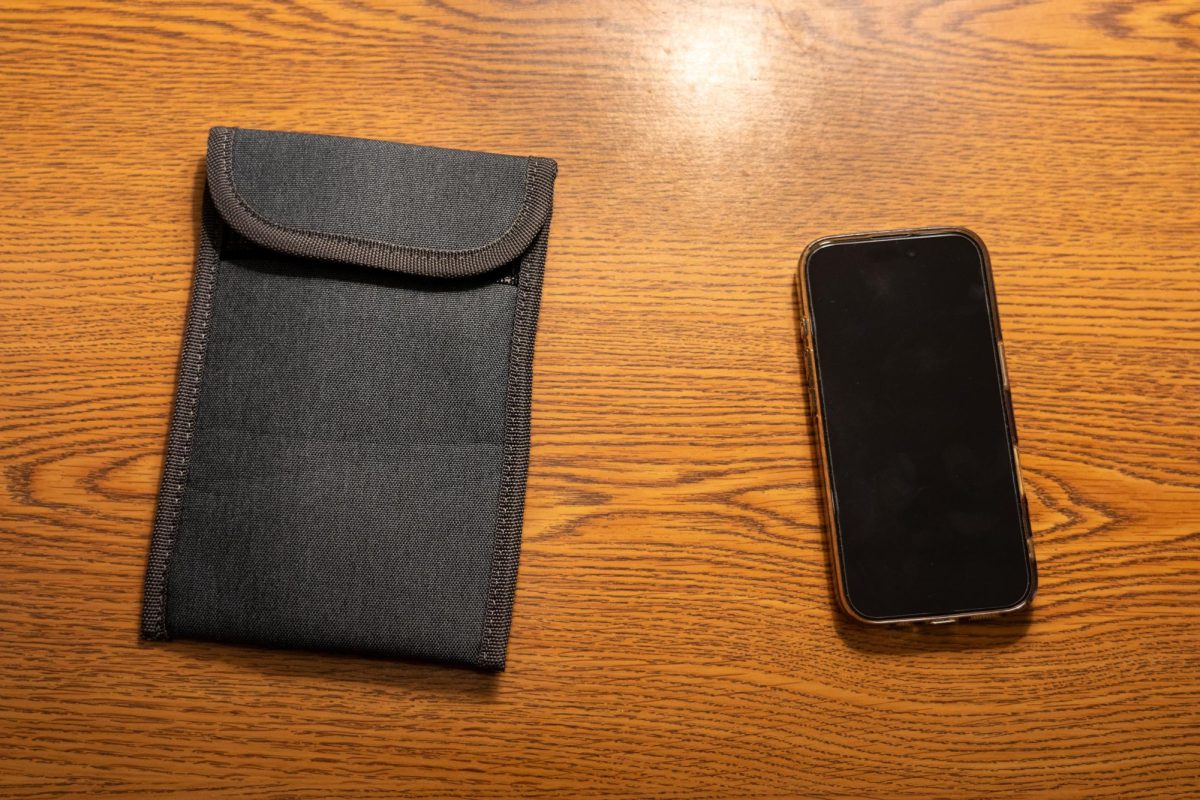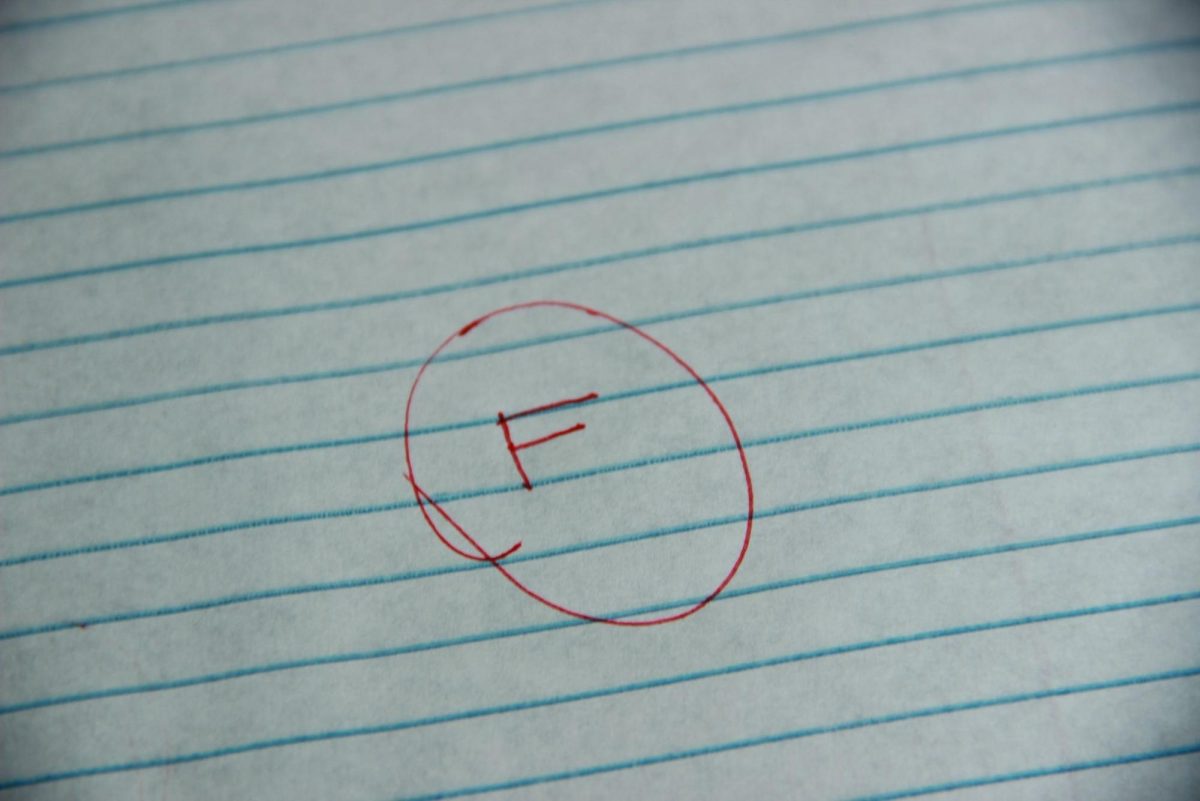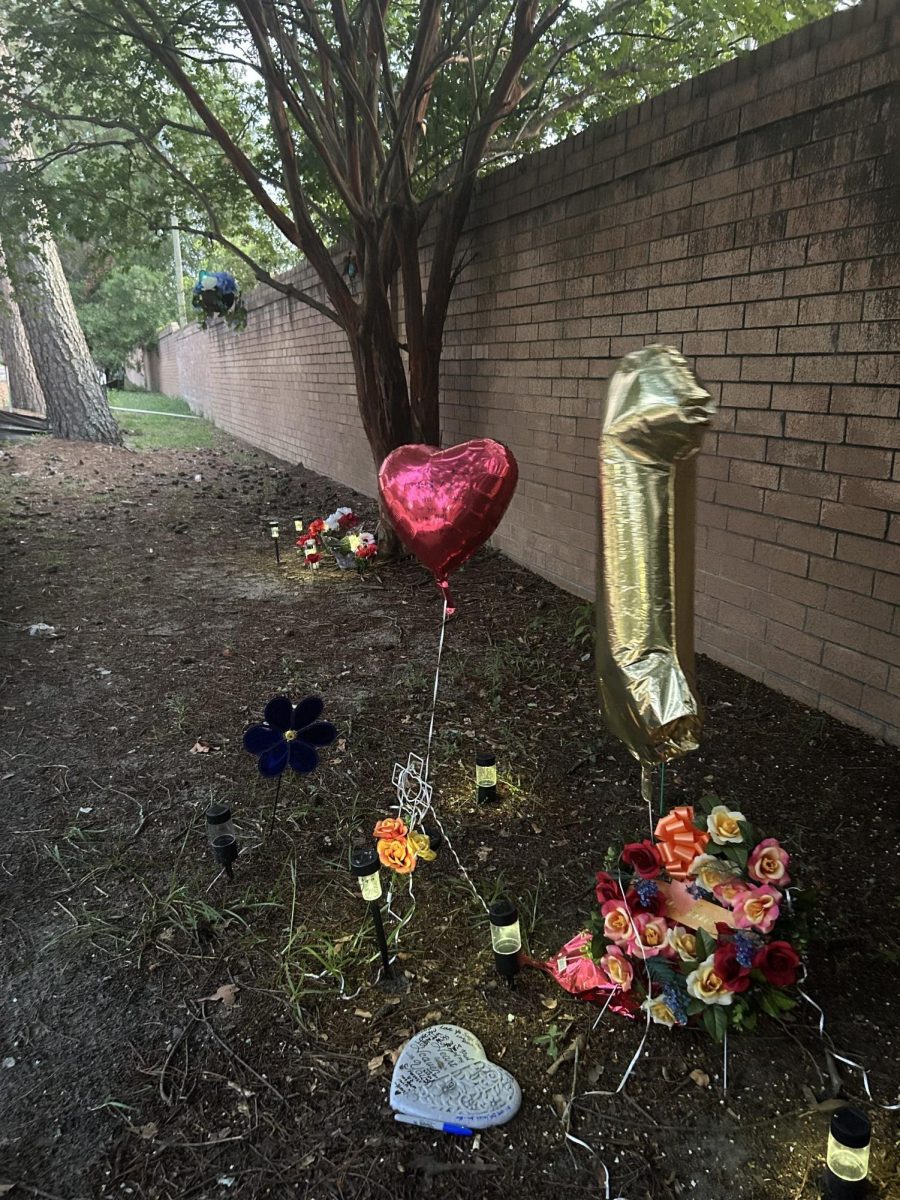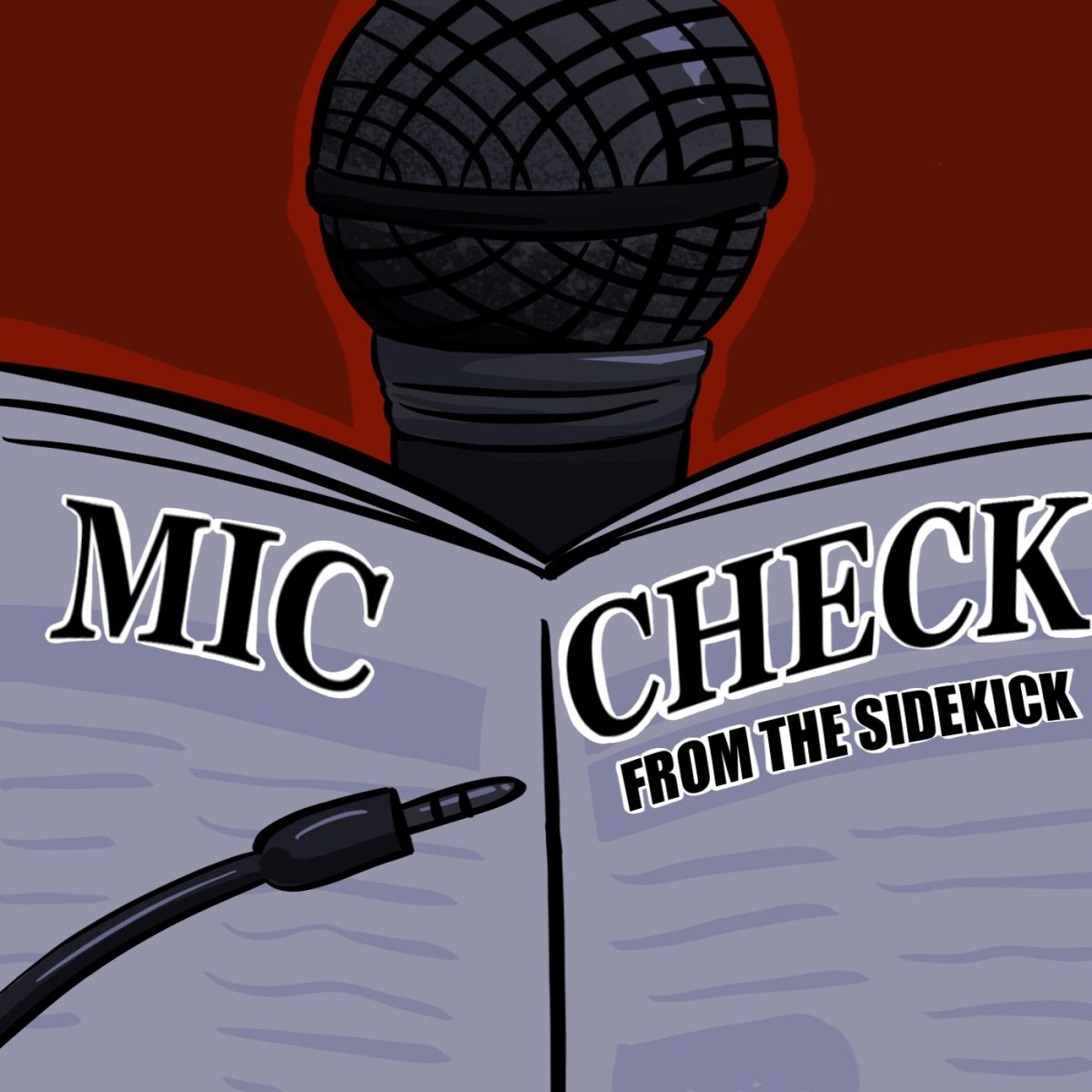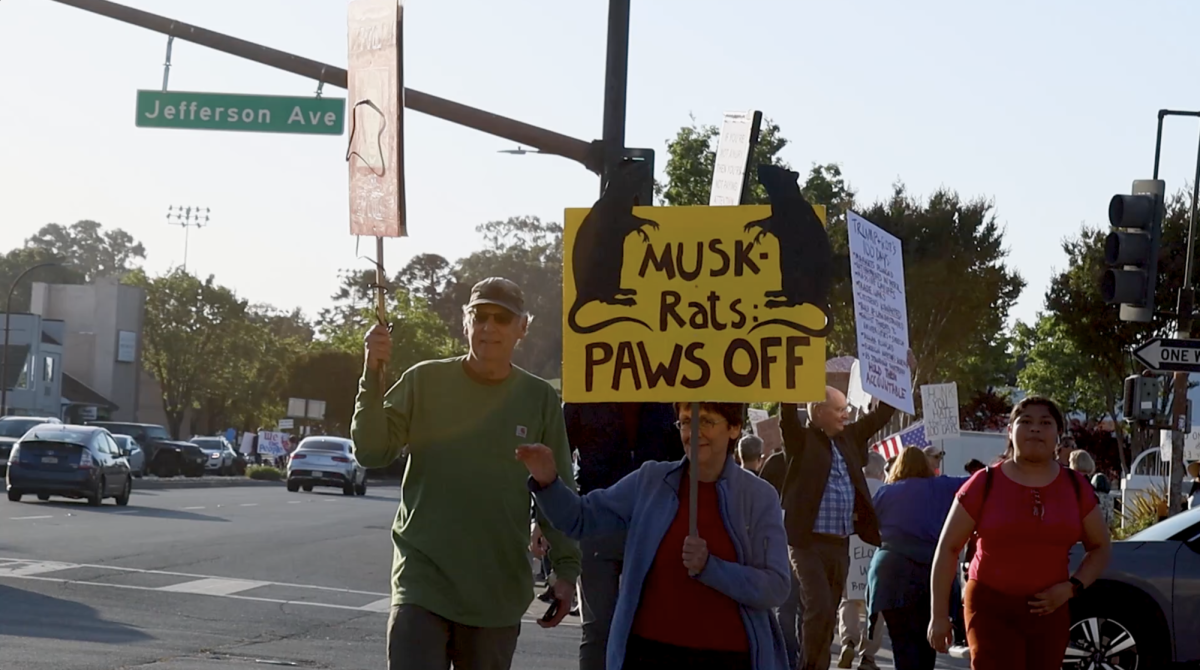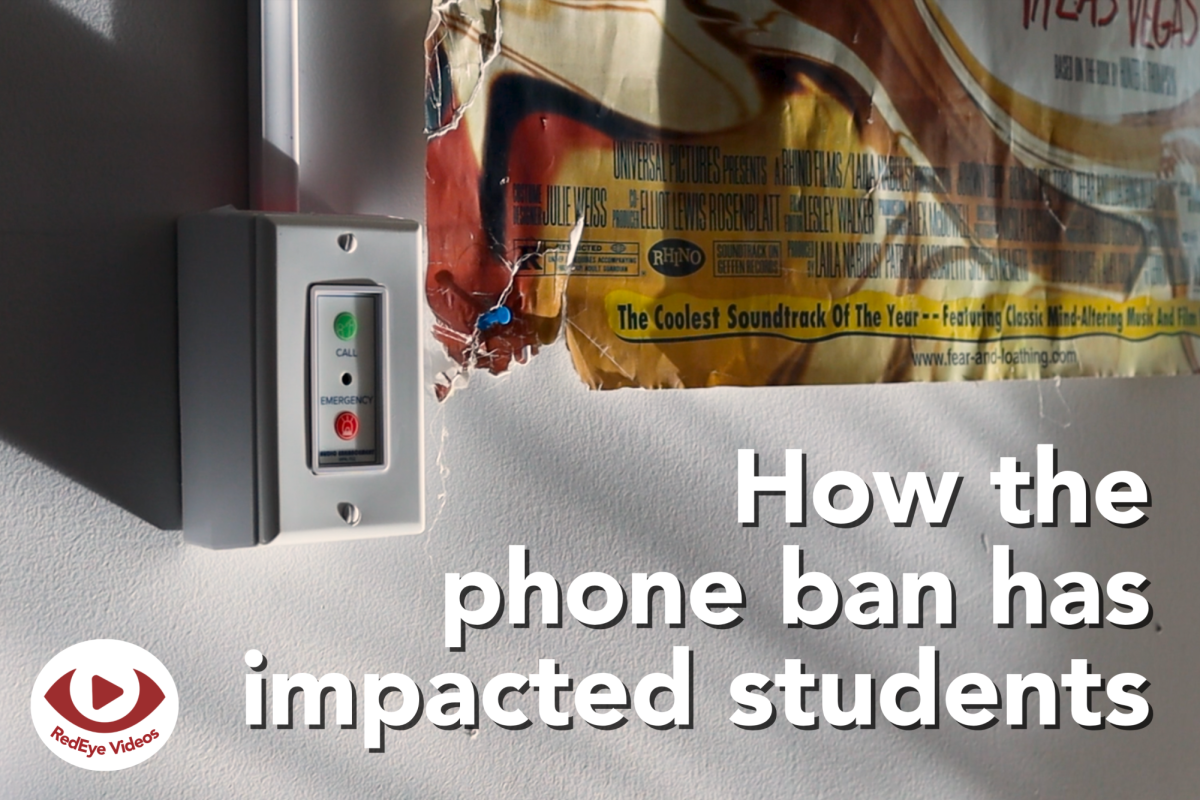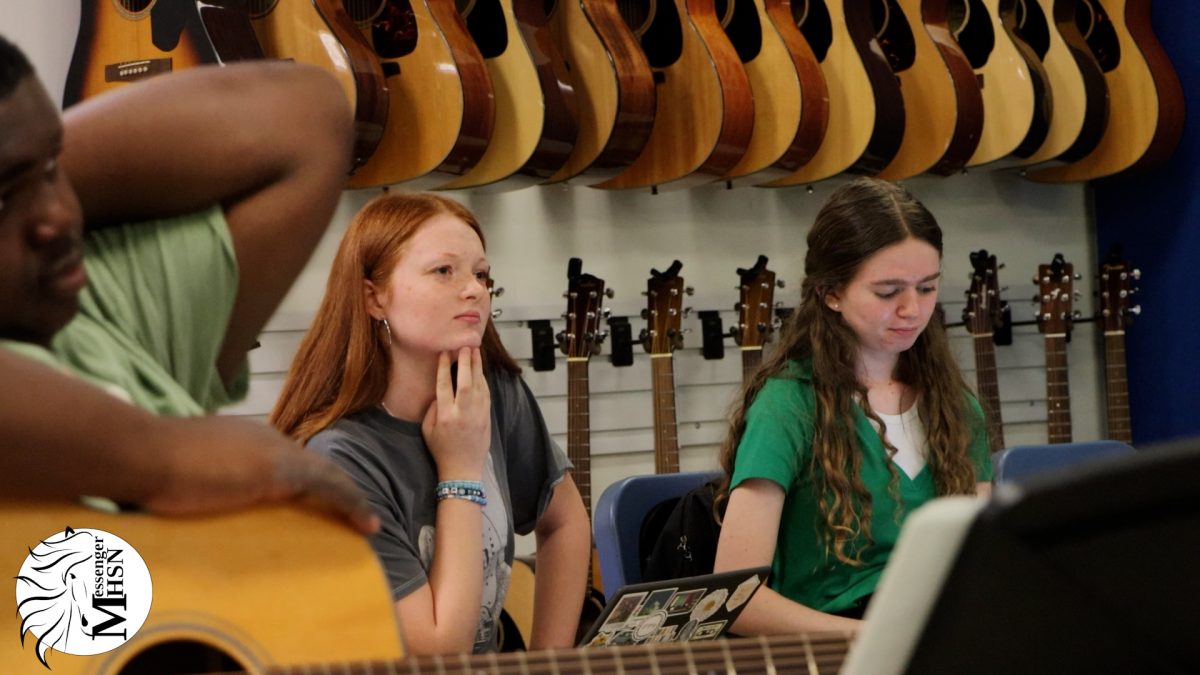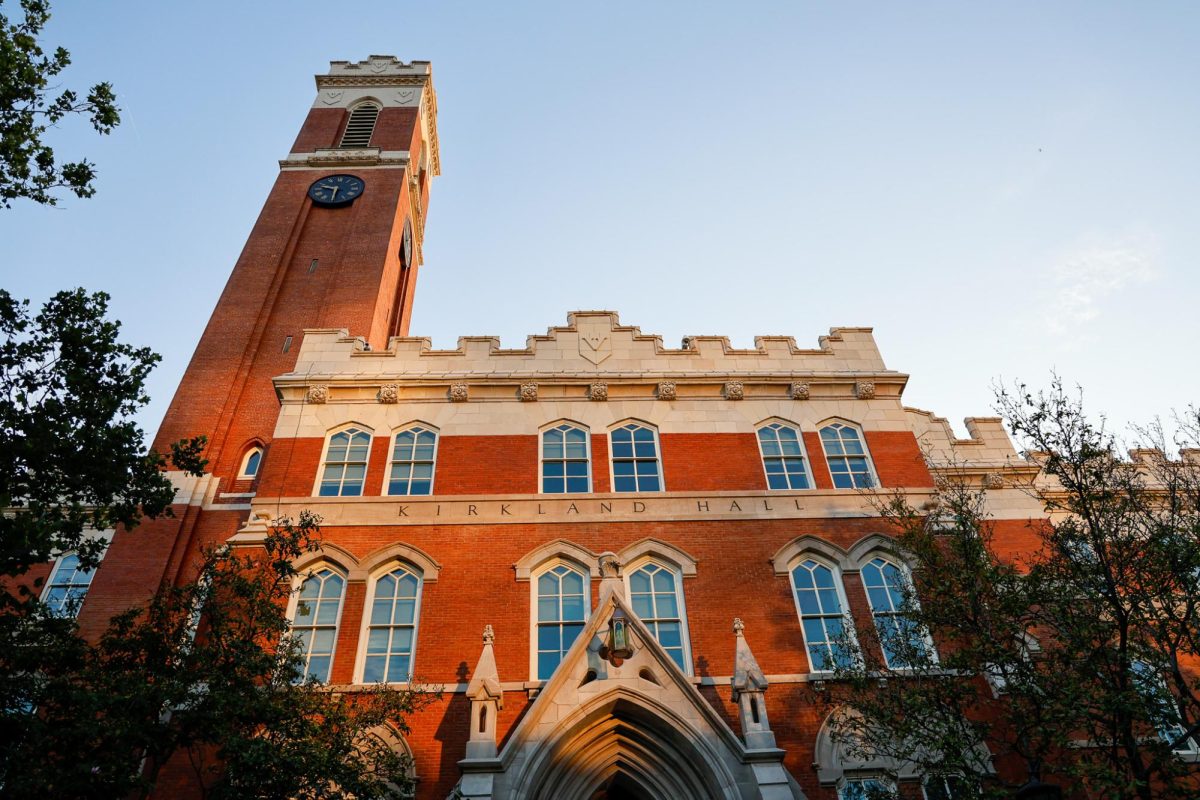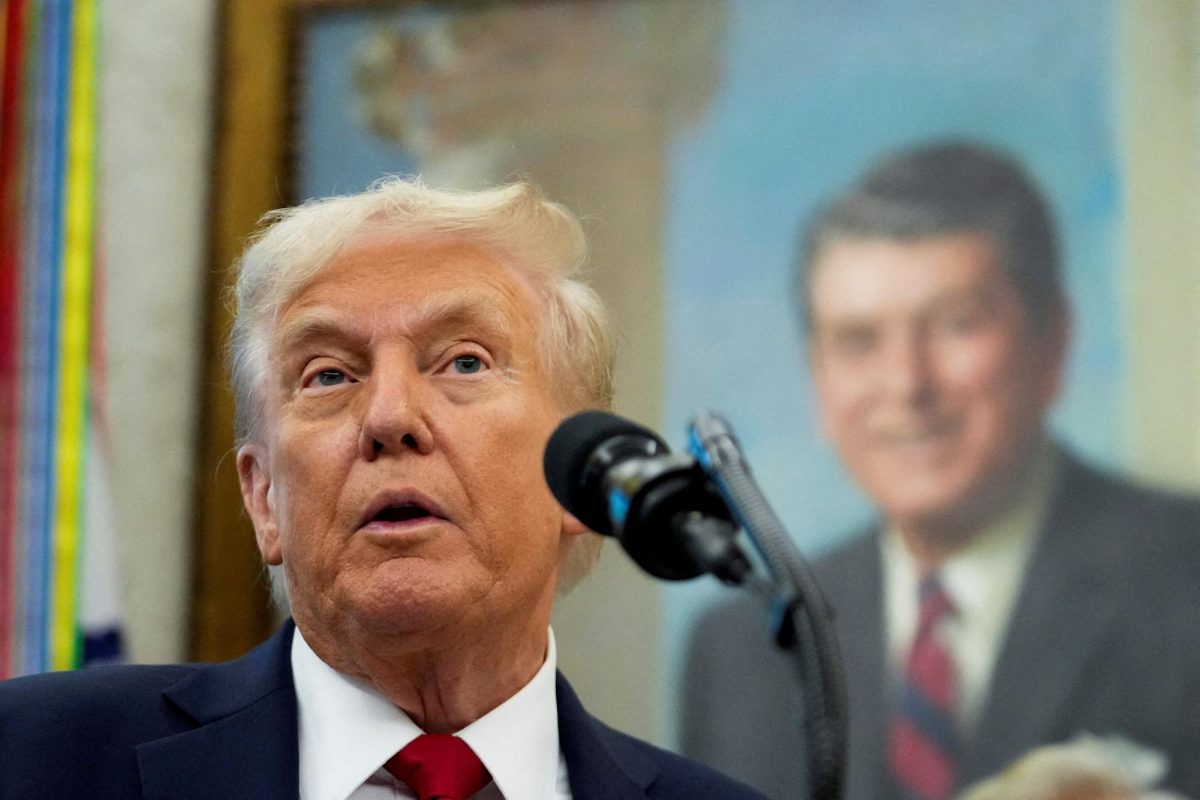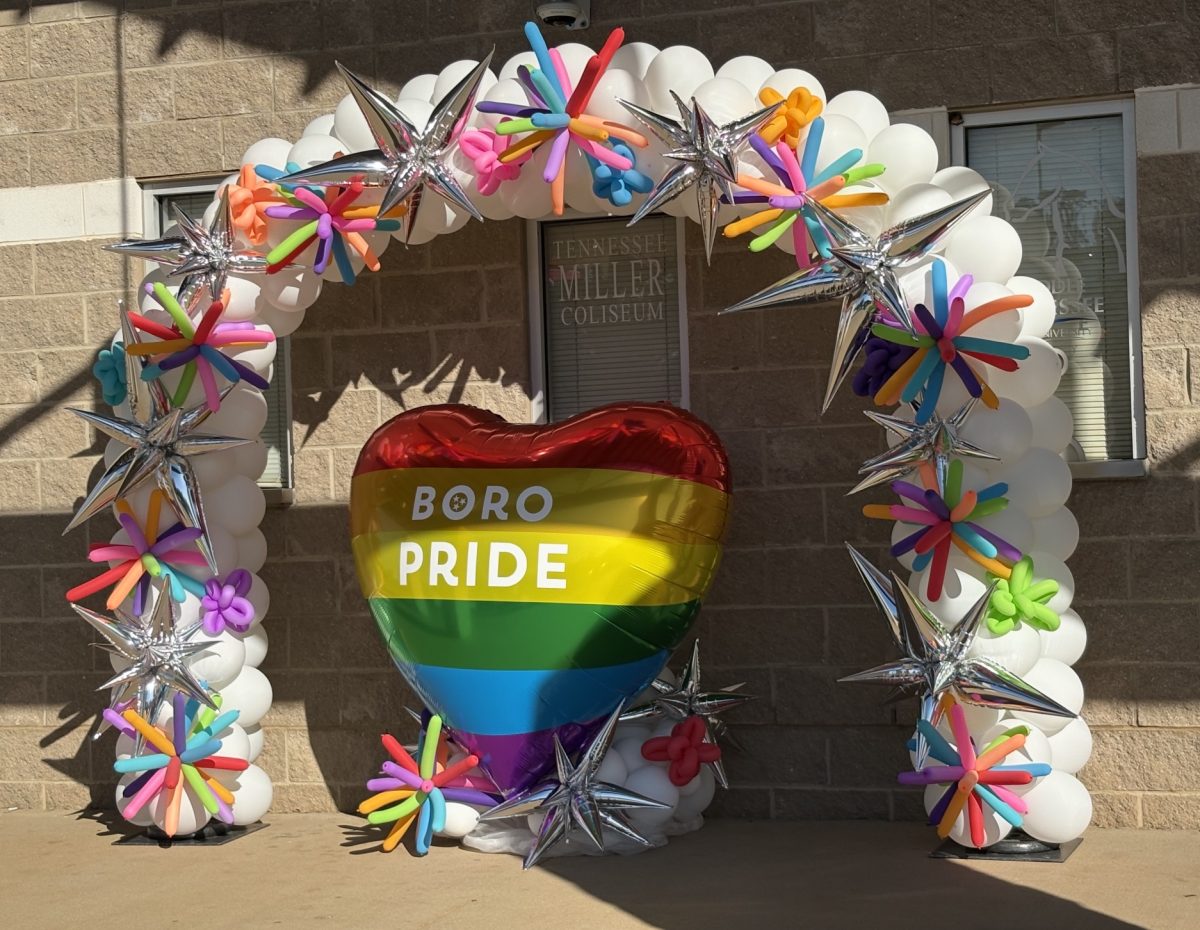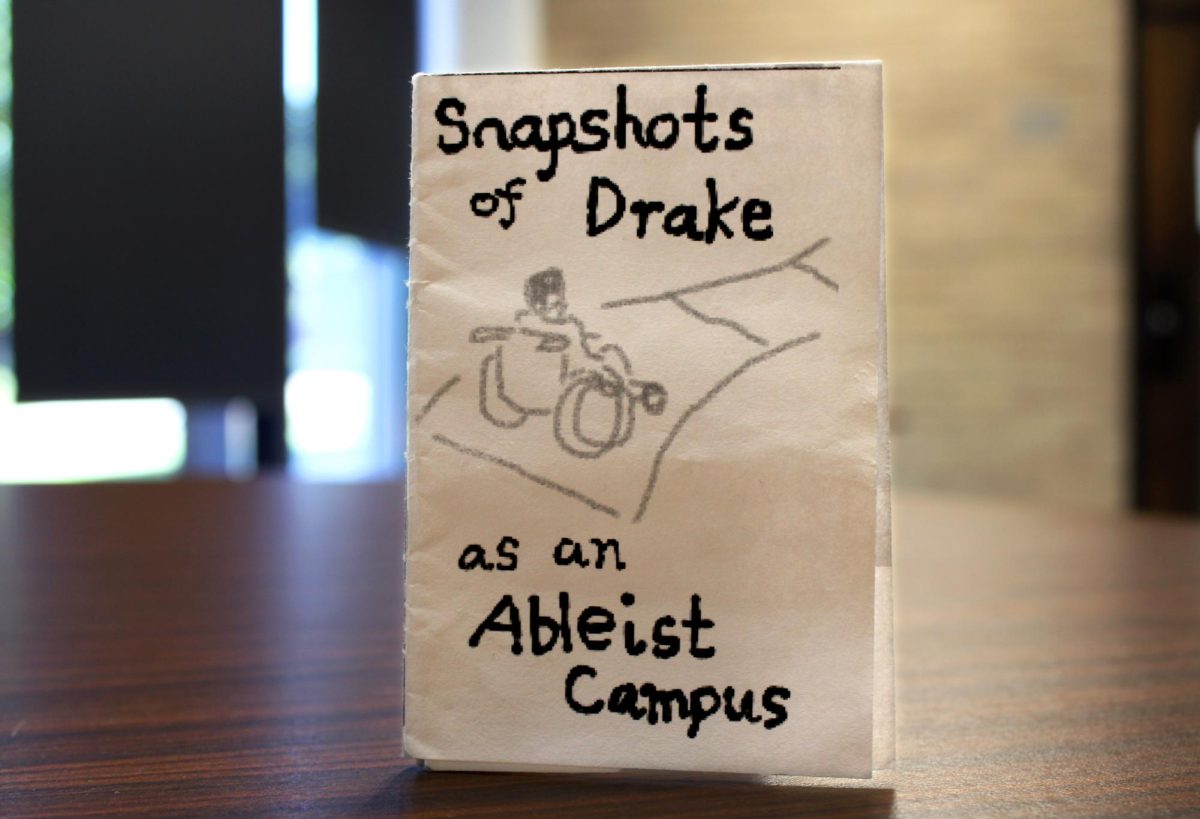The American Association of Colleges and Universities recently penned a letter calling for “constructive engagement” in protest of federal overreach into higher education. Vanderbilt, a member of the AAC&U, was notably absent from the letter’s over 500 signees — among whom were the leaders of 12 of U.S News’ top 20 American universities. In a statement to The Hustler, the university said it has prioritized advocacy through its “primary association” — the American Association of Universities — another, more research-focused conglomerate. This response epitomizes the university’s advocacy in recent months: duplicitously discreet.
Vanderbilt, you cannot play both sides: You cannot tell your students and faculty that you are advocating in their best interests while publicly remaining silent. Any such attempt denies the severity of the present moment and the harsh realities facing students and faculty, both here and nationwide.
We see the university’s recent actions for what they are: tiptoeing around the elephant in the room, trying to best serve our Vanderbilt community’s interests without raising alarm. When the federal government proposed a 15% indirect cost cap on NIH grants, the AAU jointly filed a lawsuit with two other national bodies and over a dozen universities, resulting in a permanent injunction on April 4. At the time, Chancellor Daniel Diermeier and Provost C. Cybele Raver emailed the community with a message of concern regarding the immediate and long-term ramifications of such a policy on the university’s scientific research — the only message our entire community has received about the ongoing federal turmoil to date.
Raver served as a declarant in the case, but her statement is only accessible through court records. Diermeier declined to specify to The Hustler why the university opted for this specific legal route, so we can only wonder: Why isn’t the university willing to take a public stand? At a time like this, it’s important for your students and faculty to know that you, our university leaders, have our backs. Even your own alumni have issued call after call for their alma mater to act — making it clear that your reputation, too, is at stake.
As Diermeier has alleged time and time again, Vanderbilt adheres to a policy of institutional neutrality: It does not take official positions on matters unrelated to its core functioning. Using Diermeier’s framework, we find that, right now, no issue is more salient to our core functioning than the federal threat to higher education and research.
Yet, there have been no statements or formal communication about the university’s removal of its diversity, equity and inclusion terminology from websites, renaming of centers or loss of federal funding for DEI-related grants. When asked why the university did not sign onto the AAC&U letter, a university spokesperson dodged the question, citing the AAU’s recent statement of support for Harvard University. Administrators, why leave any doubt that your opinion aligns with that of the AAU? Why not join in the collective resistance to what is so clearly an abuse of federal powers?
The university’s public silence reveals an unsurprising truth: In practice, Diermeier’s policy of neutrality is one of convenience. In recent years, Vanderbilt has shown time and again that its moral compass is at the whims of its wallet. In an interview with The Hustler, Diermeier said that the investment managers who oversee the university’s endowment have one goal: maximizing returns. Per Diermeier, investments and divestments occur for financial gain, not “to make a political point.” But, regardless of intent, our continued investment in companies with the most lucrative prospects is still a statement — a recognition and reinforcement of America’s status quo.
When attempts to maintain this policy of neutrality upset our community — including families, alumni and Board of Trust members — in the wake of Hamas’ Oct. 7 attacks, Diermeier was quick to capitulate: The university deleted his initial statement on Oct. 11, which called the incident “nuanced” in lieu of a stronger condemnation of the attack and message of support for affected students. The university also shared support and a picture of a vigil for Israel on its official Instagram — no similar acknowledgement was given for any of the community prayers hosted for Palestinian lives.
This is not to say that Diermeier should not have extended messages of support to our community, especially in a time when resources and community were so greatly needed. He should, however, have held firm to the neutrality he preaches and equally supported all those affected. Instead, he showed us that Vanderbilt’s neutrality is not immune to the demands of those with power.
This AAC&U letter is yet another case in point. As a member of the AAC&U and a leading university, your name means something, Vanderbilt. Your voice means something. Your action — or inaction — means something. Working only with the AAU and not the AAC&U seems pedantic. Fighting a battle as big as this one requires collective efforts across all fronts. We cannot only protect our interests when our peers — and, indeed, all of higher education and research — are at stake. No amount of internal or covert external efforts absolve you from your moral obligation at this critical moment in history.
Diermeier frequently cites former Chancellor Alexander Heard’s values of open forums, institutional neutrality and civil discourse as his guiding lights. But we cannot be selective about the values we take from Heard. In Heard’s memoir “Speaking on the University,” he makes the following assertions:
- “Remarkable rapport with students and faculty made it possible to maintain a free and civil platform for discussion at Vanderbilt through those difficult years.”
- “Among all these constituents of university leadership, the faculty is the most important. Without the faculty there would be no students, no scholarship, no community services rendered.”
- “A university is not a university unless it keeps itself relevant to the society it serves. Vanderbilt is a great regional institution. It is also, however, national in the goals it sets and in the standards it uses to judge itself. We consider the nation to be our campus, and the world to be our proper concern.”
Failing to avow your protection of your community publicly damages what rapport exists. We recognize the very real fear of federal retaliation, as we’ve seen at Harvard and Columbia University. But we’ve lost federal funding, too. As a result, our faculty are losing their means to conduct the path-breaking research Vanderbilt prides itself on, from health disparities facing LGBTQ+ older Americans to the science of misinformation. As the university and VUMC figure out how to adapt, we pose a bigger question: Even if we manage to emerge less scathed than Harvard or Columbia, what good will that do if your students and faculty don’t feel supported? Will your alumni donate? Will you retain your faculty? Will you attract the nation’s best and brightest?
Even beyond our campus bounds, we see the immense impact Vanderbilt has had on Nashville and middle Tennessee: a whopping $22.13 billion and 120,000 jobs in 2024. The core functioning of our university cannot be finely separated from the community, state and nation in which we are rooted. We have a duty, as prescribed by Heard, to take a public stand for our sake and the sake of this nation.
Chancellor, when we look back at this time in history, you want to be remembered as someone who stood up to tyranny — as someone who held his ground in the face of authoritarianism. Not as someone who abandoned his community in the name of protecting it.
This story was originally published on The Vanderbilt Hustler on May 6, 2025.



